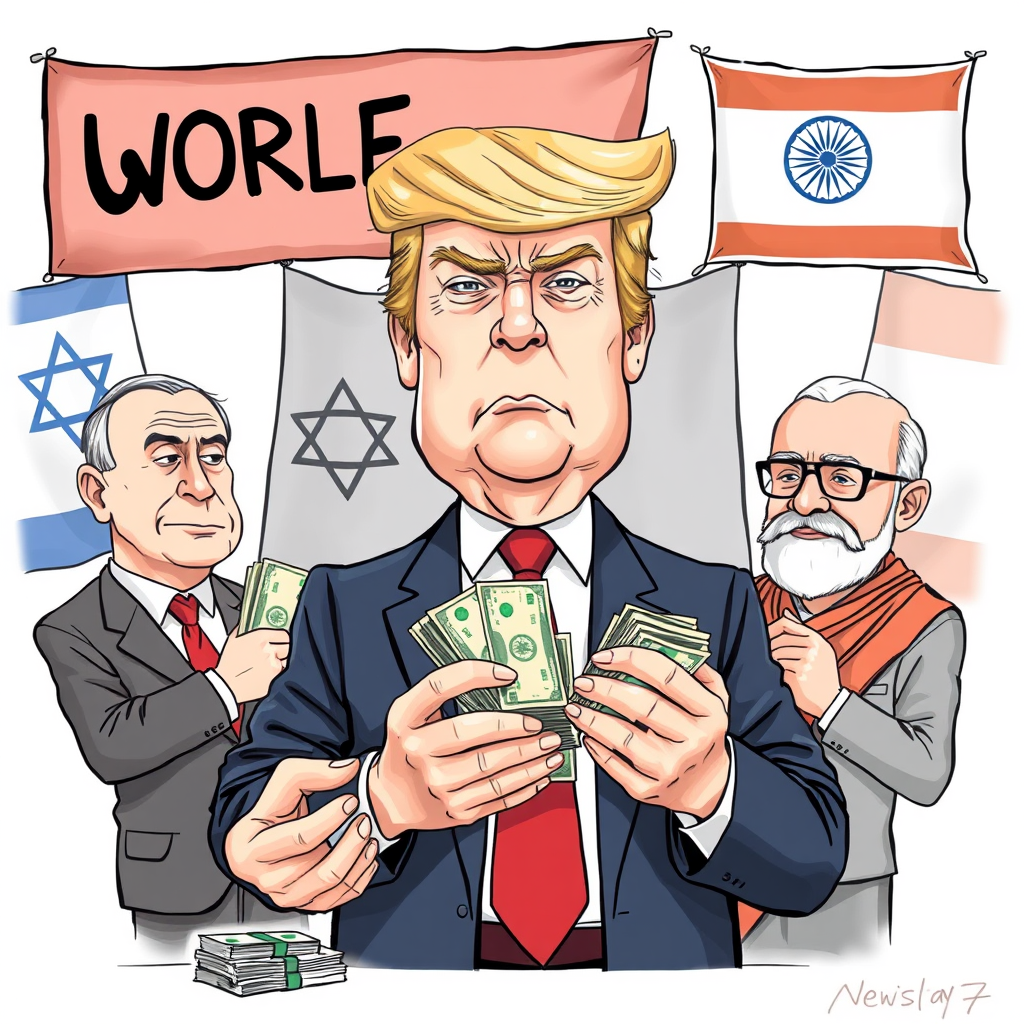Trump’s Allies Discover He Prioritizes Deals Over Ideology

Donald Trump’s foreign policy appears driven less by ideological alignment and more by transactional self-interest, leaving even staunch allies feeling shortchanged. While often portrayed as a champion of right-wing populism abroad, recent actions suggest a pragmatic approach prioritizing personal deals over shared political philosophies.
Leaders like Israeli Prime Minister Benjamin Netanyahu and Hungarian Prime Minister Viktor Orbán, who’ve actively courted the American right and enjoyed visibility at events like CPAC, have found themselves on the receiving end of policies that disregard their expectations. Trump’s direct negotiations with entities like Hamas, the Houthis, and Iran, coupled with a Middle East tour excluding Israel, left Netanyahu’s government visibly frustrated. Similarly, Orbán’s close economic ties with China, considered a “red line” by his government, are increasingly awkward given Trump’s pressure for decoupling.
India’s Narendra Modi, another leader frequently compared to Trump, experienced similar disappointment. Trump’s handling of a recent India-Pakistan conflict, appearing to take credit for de-escalation and drawing equivalence between the two sides, angered many of Modi’s supporters. Furthermore, Trump’s criticism of Apple’s plans to move iPhone assembly to India, a move typically lauded as “friendshoring,” underscored his prioritization of domestic manufacturing over strengthening ties with allies.
The recent imposition of “Liberation Day” tariffs further illustrates this pattern. Countries led by right-wing leaders like Argentina and El Salvador received no preferential treatment, facing the same tariffs as governments with opposing ideologies. This suggests that political affinity plays a minimal role in Trump’s trade policies.
Ultimately, the evidence points to a foreign policy driven by financial incentives. The substantial deals and quick wins offered by wealthy Middle Eastern monarchies appear to be the primary motivating factor. This transactional approach casts doubt on the narrative of Trump as a global leader of the far-right.
Recent electoral setbacks for right-wing parties in Canada and Australia, despite being labeled as the “Trump of” their respective countries, suggest that aligning with Trump doesn’t guarantee electoral success. It’s becoming increasingly clear that Trump’s legacy won’t be defined by fostering a global resurgence of far-right populism, and he doesn’t appear particularly concerned with that outcome. His actions demonstrate a willingness to prioritize personal gain and immediate results over ideological solidarity, leaving even his closest allies feeling used and disillusioned.